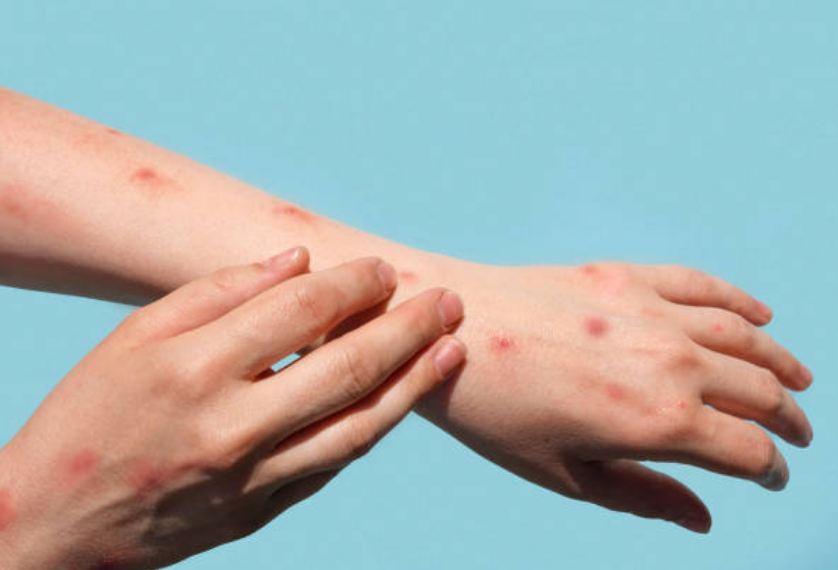With more than 3, 200 Monkeypox cases and one death recorded across the globe so far, the World Health Organisation (WHO) has urged countries to remain vigilant while sharing information on the disease.
Monkeypox is a rare disease caused by infection with the monkeypox virus, which is part of the same family of viruses as smallpox.
Neighbouring South Africa yesterday identified its first case of monkeypox in a 30-year-old man with no recent travel history in the economic hub of Gauteng. That country’s National Institute for Communicable Diseases said in a statement that contact tracing had begun and that the case was in Johannesburg.
The virus has been circulating and killing in Africa for decades, with sporadic cases outside the continent linked to travel from Nigeria that have never before become epidemics.
Speaking during the International Health Regulations (2005) Emergency Committee meeting regarding the multi-country monkeypox outbreak Thursday, WHO director-general, Dr Tedros Adhanom Ghebreyesus said reported cases were from 48 countries including Nigeria, and in five WHO regions.
“And we need all countries to remain vigilant and strengthen their capacities to prevent onward transmission of monkeypox,” said Ghebreyesus.
“It is likely that many countries will have missed opportunities to identify cases, including cases in the community without any recent travel. WHO’s goal is to support countries to contain transmission and stop the outbreak with tried-and-tested public health tools including surveillance, contact-tracing, and isolation of infected patients.”
He said while men who have sex with men have been most affected in the new outbreaks, there were also risks of severe disease for immunocompromised persons, pregnant women, and children if infected.
“There are also some risks to health workers if they are not wearing appropriate personal protective equipment,” said Ghebreyesus.
“So although most cases so far in newly affected countries have been identified in men who have sex with men, WHO has been calling for intensified surveillance in the broader community. We have learned a great deal from recent outbreaks, including COVID-19 and the global HIV epidemic.”
He further explained: “One of the most important lessons is that one of the most effective ways of responding to outbreaks in affected communities is to work closely with those communities to co-create effective risk communications. That is what WHO is doing. We need to work with partners, including affected communities, to address stigma, discrimination, and misinformation swiftly and decisively.
We also need to work together as an international community to generate the necessary clinical efficacy and safety data on vaccines and therapeutics against monkeypox, and to ensure their equitable distribution.”

